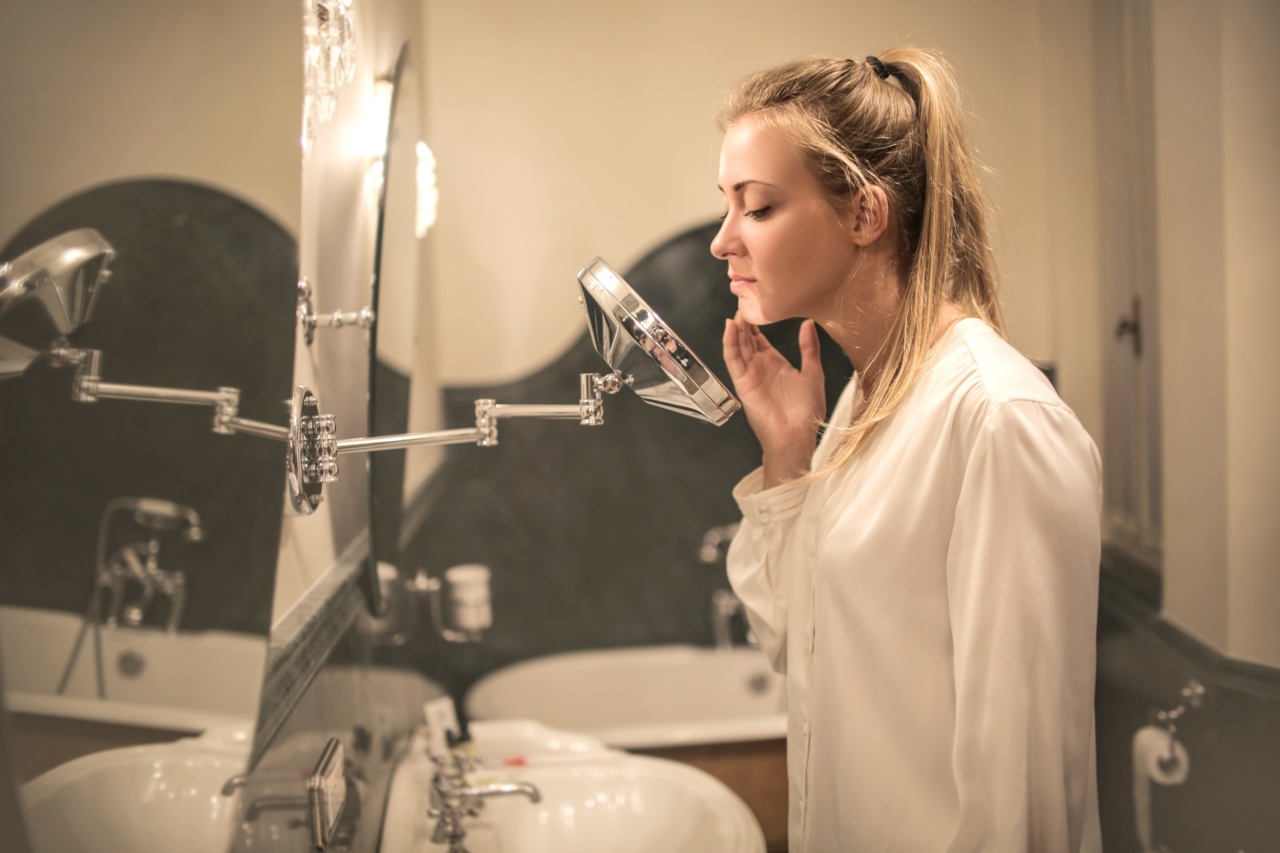Acne can be a frustrating and embarrassing condition to deal with, and it affects millions of individuals each year.
While there are many different factors that contribute to the development of acne and breakouts, some of the most common acne triggers are hormone-dependent. By understanding these triggers and making changes to your habits and lifestyle, you can take control of your skin and enjoy clearer, healthier-looking skin. Here are four hormone-dependent acne triggers to avoid:.
1. Stress
When you’re feeling stressed, your body responds by producing more cortisol, a hormone that can increase inflammation and oil production in the skin. This can lead to an increased risk of breakouts and acne.
To avoid acne triggered by stress, it’s important to take time to de-stress and unwind. This might involve practicing yoga, meditation, or deep breathing exercises, taking a relaxing bath, or simply spending time outdoors in nature.
By reducing your stress levels and giving your body a chance to relax, you can reduce the risk of acne breakouts.
2. Poor Diet
The foods you eat can have a major impact on your skin health, and a poor diet can contribute to an increased risk of acne breakouts. Foods high in sugar and unhealthy fats can cause inflammation in the body, which can lead to breakouts and acne.
To avoid these types of breakouts, it’s important to focus on a healthy, well-balanced diet with plenty of fruits, vegetables, and lean proteins. You may also want to consider adding foods that are high in nutrients that support skin health, such as vitamin C and zinc.
3. Hormonal Changes
Hormonal changes can also contribute to the development of acne and breakouts. This is particularly true for women who experience hormonal changes during their menstrual cycle, pregnancy, or menopause.
To reduce the risk of breakouts during these times, it’s important to take steps to balance your hormones. This might include talking to your doctor about hormonal birth control options, taking supplements that support hormone balance, or making changes to your diet or lifestyle that can help balance your hormones naturally.
4. Skincare Products
The skincare products you use can also contribute to the development of acne and breakouts, particularly if they contain pore-clogging ingredients or irritants.
To avoid acne triggered by skincare products, it’s important to choose products that are designed for your skin type and that don’t contain ingredients that are known to cause breakouts or irritation. This might include products that are labeled “non-comedogenic” or “oil-free,” or products that contain gentle ingredients like niacinamide or salicylic acid.
Conclusion
Acne can be a frustrating and embarrassing condition to deal with, but by understanding the hormone-dependent triggers that contribute to breakouts, you can take steps to control your skin health.
By reducing stress, eating a healthy diet, balancing your hormones, and choosing the right skincare products, you can enjoy clearer, healthier-looking skin with fewer breakouts.






























